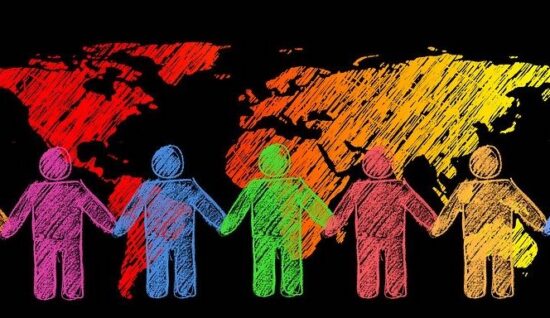Multi-Stakeholder Initiatives Hollow without Effective Grievance Redress Mechanisms to Underpin Sustainability, Ethical, or Fair Labor Standards – But There is Hope

The United Nations, recognizing the need for an “all hands on deck” approach, has emphasized the importance of multi-stakeholder initiatives (MSIs) in achieving its 2030 Agenda for Sustainable Development and its Sustainable Development Goals (SDGs). It is now drafting a guidebook to accelerate the creation of multi-stakeholder partnerships as an essential tool to mitigate development risks and maximize SDG impact. While the promise of this new era of collaborative development should be embraced, the premise of MSIs actually bringing communities to the table for cooperative dialogue has remained questionable. “Not Fit For Purpose,” a new comprehensive report from MSI Integrity, now concludes that MSIs largely lack the necessary tools to protect adequately against human rights violations, hold corporations accountable for abuses, and provide remedy when harm occurs.
Great (Unmet) Expectations
MSIs are voluntary partnerships between the private sector, governments, and civil society to address complex development challenges while strengthening regulatory frameworks. These collaborative experiments have expanded over the past 15 years, with the essential objective to improve outcomes through increased transparency and enhanced stakeholder participation. However, as MSI Integrity finds, many MSIs lack a crucial tool to do so: effective grievance redress mechanisms. Almost one-third of the initiatives offer no grievance mechanism in any form to affected parties, and too few protections are provided to whistleblowers. By not providing communities and individuals impacted by corporate behavior with a sufficient way to raise concerns, MSIs remain unaware of the full impact of their activities.
The authors of the landmark report examined 40 international standard-setting MSIs, many of which certify goods, products, and services to be sustainable, ethical, or in accordance with fair labor standards (e.g., Fairtrade International, Fair Labor Association, and Rainforest Alliance, to name a few). The findings — a striking lack of transparency with respect to the extent of member compliance with standards, and even basic information about certain standards and criteria is often inaccessible to the public. Observing that MSIs serve more as tools of corporate engagement for shareholders rather than instruments of human rights protection for all stakeholders, the authors propose applying lessons learned since the inception of MSIs to deliver a more transparent, equitable, and ethical economy that respects the rights of workers and communities.
Moving Forward
Almost presciently, the report comes just as the SDG Impact Team of the United Nations Development Programme (UNDP) is in the midst of developing SDG Impact Standards for private equity funds, sustainable bond issuers, and enterprises. Recent drafts indicate that the UNDP will indeed embrace the call for greater stakeholder engagement by requiring entities certified under its “SDG Impact Seal” to demonstrate good governance by, among other things, having in place effective grievance mechanisms to ensure adherence to the standards.
This is exactly the evolution needed. Grievance mechanisms provide local communities with the ability to engage more fully in the investment decision-making process by reporting concerns with the intention of preventing, mitigating, and remedying social and environmental harm. The UNDP is doing something major here, and we are optimistic that the field of MSIs will likewise recognize the immense benefits of direct community feedback to achieving better outcomes for all.
We commend the SDG Impact Team’s decision to embrace the benefits of effective grievance mechanisms. MSIs can have a critical role in achieving SDGs, so now is the time to address the gaps in stakeholder engagement. Opening up communication channels with communities will help to ensure MSIs that their efforts measure up to their intended impact.
Related Posts
- 21 July 2020 Will impact investors welcome the arrival of mechanisms to redress community grievances?
- 8 July 2020 2020 UN Report Focuses on Key Accountability Issue: Improving Access to Remedy
- 2 November 2020 Accountability for Impact Investments: New UN Impact Management Standards Champion Hearing from People Affected by Investments

